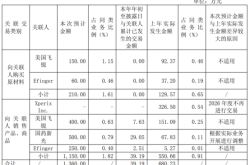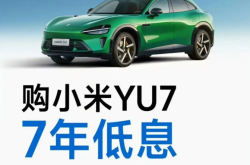Intelligent competition intensifies, BAIC BJEV seizes the initiative in the second half
![]() 11/07 2024
11/07 2024
![]() 696
696

The new energy vehicle sector remains highly anticipated in 2024.
The industry has been progressing rapidly, akin to an arrow released from a bow. By September, domestic sales of new energy vehicles accounted for nearly 45.8% of total vehicle sales, marking an imminent historic moment when electric vehicles surpass internal combustion engines. Notably, the window for the entire industry's upward breakthrough remains open, with continuous entries and exits.
Following Xiaomi's emergence and Zeekr's rise, BAIC BJEV is also beginning to shine.
["Sales gradually increase, ranking top 6 in the pure electric market in October"]
Feedback from the market frontline indicates that BAIC BJEV is now fully on the rise.
Taking ARCFOX as an example, after selling 8,000 units in June and July, it surpassed 10,000 units in August and September, further increasing to 11,122 units in October. From January to October this year, ARCFOX sold a cumulative total of 57,863 units, a year-on-year increase of 218.6%, ranking top 6 among new forces in the pure electric market. It's worth noting that ARCFOX was a relatively unknown brand with little attention at the beginning of this year.
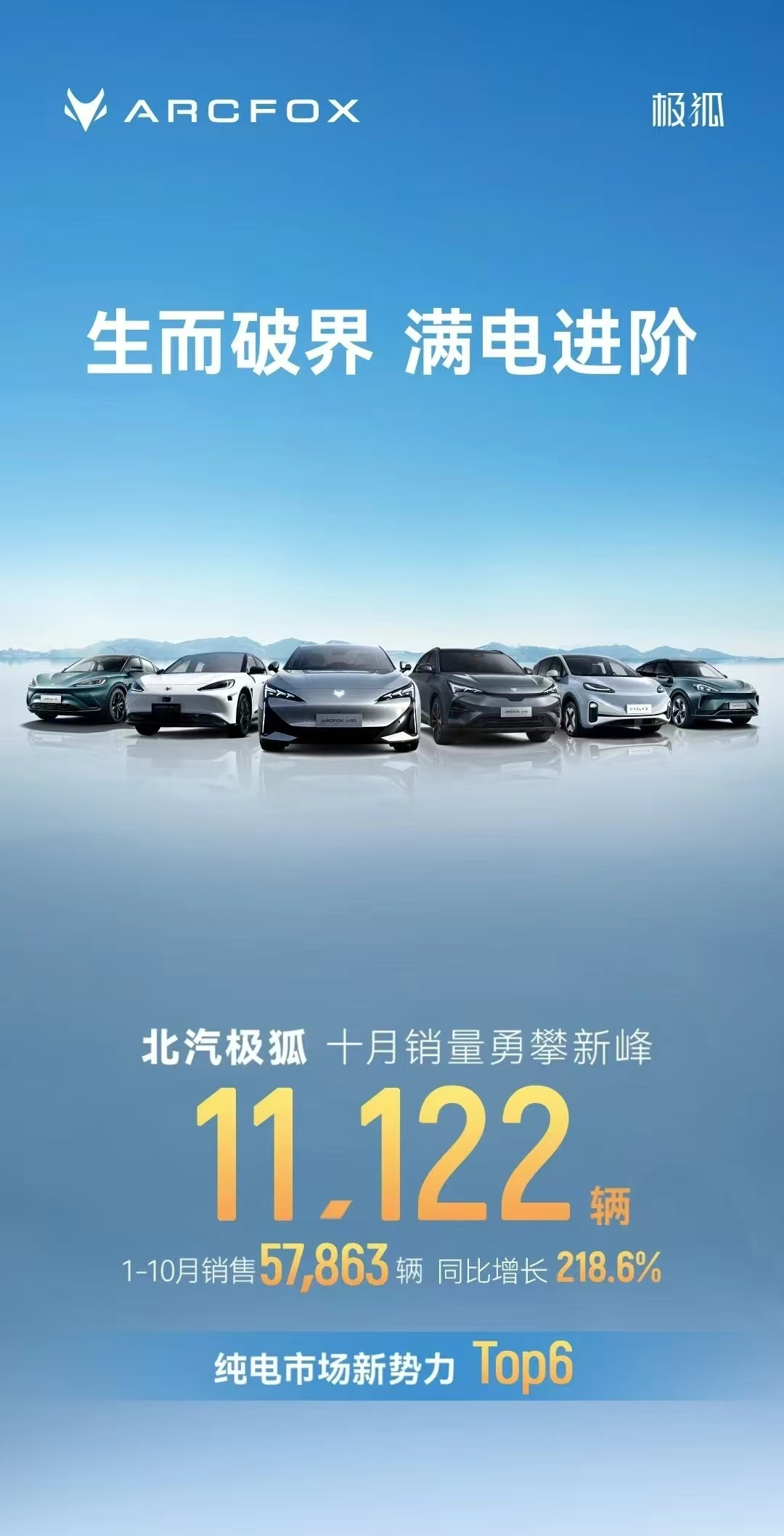
Given the fierce competition in China's automotive sector, rapid advancement within a short period is only possible with top-tier product capabilities. Behind the impressive delivery figures, BAIC BJEV has excelled in various dimensions.
For instance, in terms of energy replenishment, unlike other competitors using different battery brands for different models, ARCFOX exclusively uses CATL batteries across its entire lineup, offering the longest range products within a 100,000 to 200,000 yuan budget. The ARCFOX 5 Series twins (ARCFOX Alpha T5 and ARCFOX Alpha S5) have lowered the threshold for 800V high-voltage supercharging technology to the 160,000 yuan range (most models on the market are priced at 200,000 yuan or above, some even exceeding 300,000 yuan). Both models can be fully charged in 10 minutes, featuring built-in boost systems that are compatible with various charging stations in over 330 cities nationwide, truly achieving "fuel-electric parity".
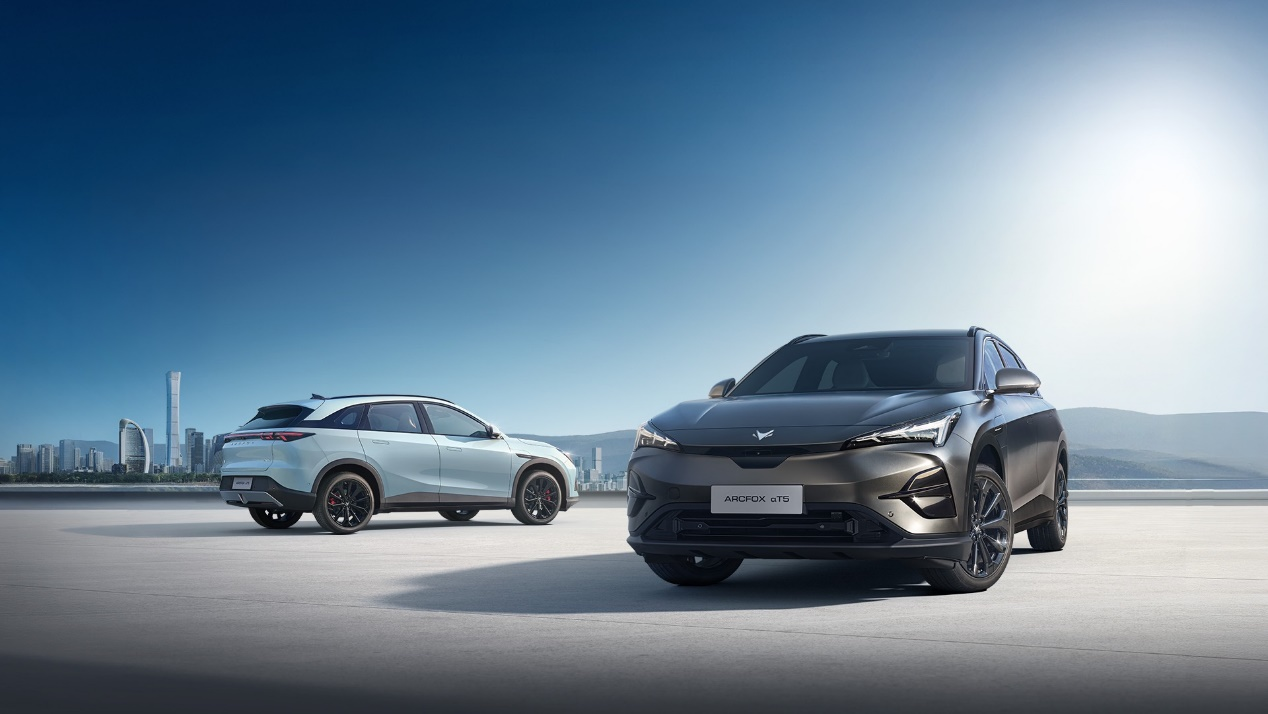
Regarding safety, ARCFOX allows users to enjoy the safety assurance of a 500,000 yuan vehicle for just 150,000 yuan. In the latest C-NCAP crash test conducted by the China Automotive Technology and Research Center, the ARCFOX Alpha T5 scored 92.7%, surpassing all previous mid-size pure electric SUVs tested and becoming the only model priced under 500,000 yuan to receive a five-star+ rating.
What stands out the most is the intelligent experience. With the support of the Lingzhi OS system, ARCFOX supports L2+ level assisted driving, and its programmable cabin can customize nearly 100 scenarios, enabling karaoke, gaming, movie watching, and more. Following the recent popularity of the game Black Myth: Wukong, users of ARCFOX Alpha S5 and T5 can plug in a gamepad and play instantly in the car.
BAIC BJEV's resurgence may seem unexpected, but it is entirely reasonable.
["Partnership with Pony.ai for L4 Autonomous Driving"]
On November 2, at the BAIC BJEV AI Technology Day themed "Comprehensive Integration, Smart City Future," BAIC BJEV's subsidiary BAIC BJEV and Pony.ai officially signed a technical cooperation agreement for the development of L4 autonomous driving vehicle models.
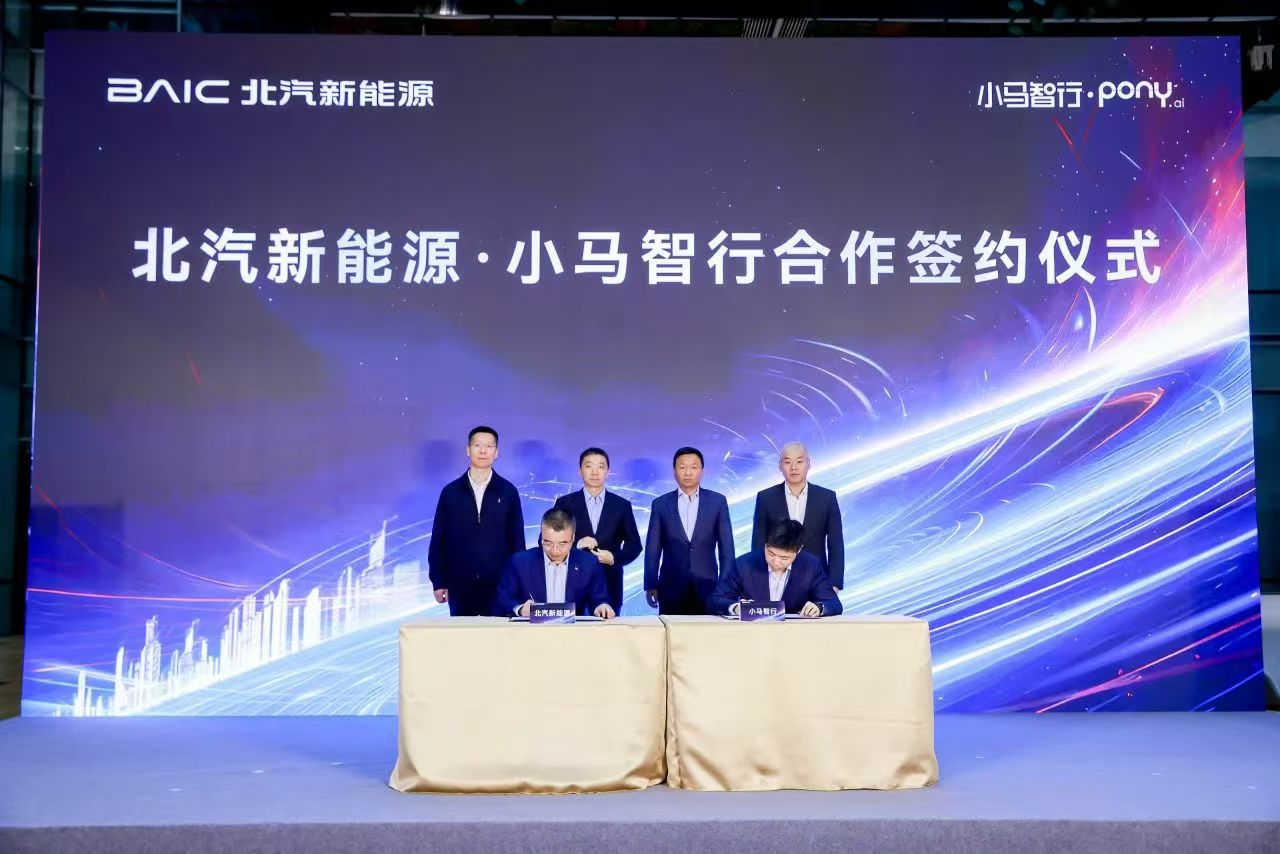
The two companies have already collaborated on the development of autonomous driving automotive-grade kits, vehicle production, chassis redundancy safety design, and cabin experience innovation. According to the new agreement, they will now collaborate on the development of a fully autonomous Robotaxi model based on the ARCFOX Alpha T5 and Pony.ai's seventh-generation autonomous driving software and hardware system, planning to launch the first batch of ARCFOX Alpha T5 Robotaxi models in 2025.
Reviewing BAIC BJEV's development over recent years reveals that the company has been at the forefront of intelligence exploration within the industry.
BAIC BJEV was one of the earliest domestic automakers to collaborate with Huawei, signing a cooperation agreement as early as 2017 and establishing a long-term and profound partnership. The Enjoy S9 launched by BAIC BJEV in August this year is the first luxury flagship sedan on the HarmonyOS intelligent travel platform.
In addition to forging strong external partnerships, BAIC BJEV has also made proactive technical layouts in the field of intelligence.
Previously, BAIC Group had clearly formulated an "1+N+AI" intelligence strategy, aiming to build one technology development platform, independently research and develop multiple key product modules, and promote AI large model empowerment, focusing on intelligent cabins and autonomous driving to create self-developed cabin-driving collaborative cross-domain fusion products, transitioning from "single-point intelligence" to "collaborative intelligence" and striving to provide users with an intelligent experience of "third space + smart travel."
To date, many of BAIC's intelligent achievements have matured and been implemented.
For example, BAIC independently developed and named a Hundred Models Convergence and Creation Platform, which utilizes a unified interface protocol for multi-vertical large models to achieve APP-free operation and broaden information sources. By integrating AISpeech, which has extensive experience in full-link intelligent voice, and Doubao, which excels in popular memes and real-time Q&A, BAIC has rapidly expanded the platform's capabilities. To date, the platform covers 2,247 standard scenarios and various extreme and long-tail scenarios, with over 40,000 cases, ranking among the industry leaders in terms of influence, generation speed, and content matching rate.
Currently, BAIC BJEV has successfully achieved mass production applications of large models on models such as ARCFOX Koala, ARCFOX Alpha T5, and ARCFOX Alpha S5, covering functions such as intelligent conversation, user assistant, and encyclopedia Q&A, significantly enhancing users' intelligent experience.
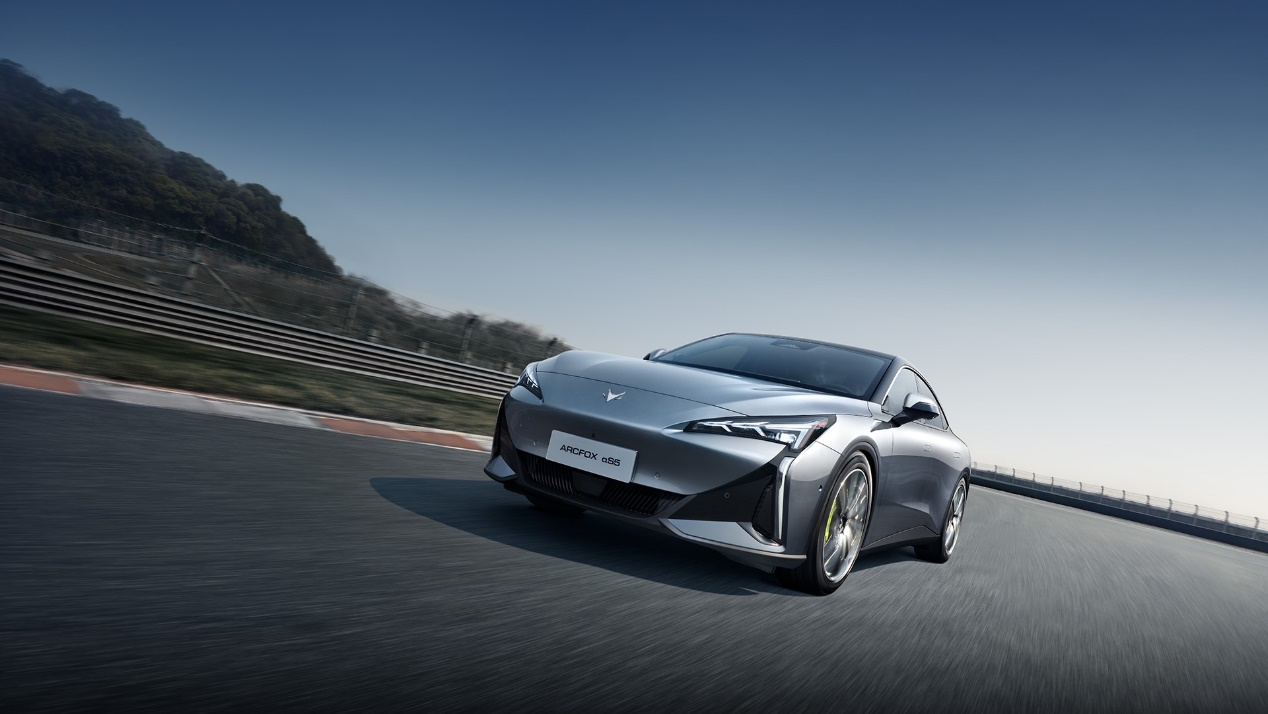
Pony.ai is one of the few global companies that have realized fully autonomous driving technology and led the mass production and commercialization of Robotaxis. It is also the first enterprise in China to obtain Robotaxi licenses in Beijing, Shanghai, Guangzhou, and Shenzhen and is currently the L4 autonomous driving company with the highest revenue scale in China. As of October this year, Pony.ai has accumulated nearly 40 million kilometers of autonomous driving road tests, including nearly 4 million kilometers of driverless autonomous driving tests.
Undoubtedly, the collaboration between Pony.ai and BAIC BJEV will directly propel the latter's intelligence process, which in turn will enhance BAIC BJEV's core competitiveness in the next phase.
["Intensifying Intelligence to Enhance Market Competitiveness"]
The first half of the new energy vehicle era is electrification, while the second half is intelligence, a universally recognized development rule within the industry. As China's overall new energy vehicle penetration rate is about to exceed 50%, the second half has quietly begun, as evidenced by terminal survey data.
According to McKinsey's latest report, among the factors influencing consumers' purchase decisions for high-end electric vehicles from Chinese brands, the top two are more advanced autonomous driving capabilities and better intelligent cabin experiences, accounting for 65% and 62%, respectively.
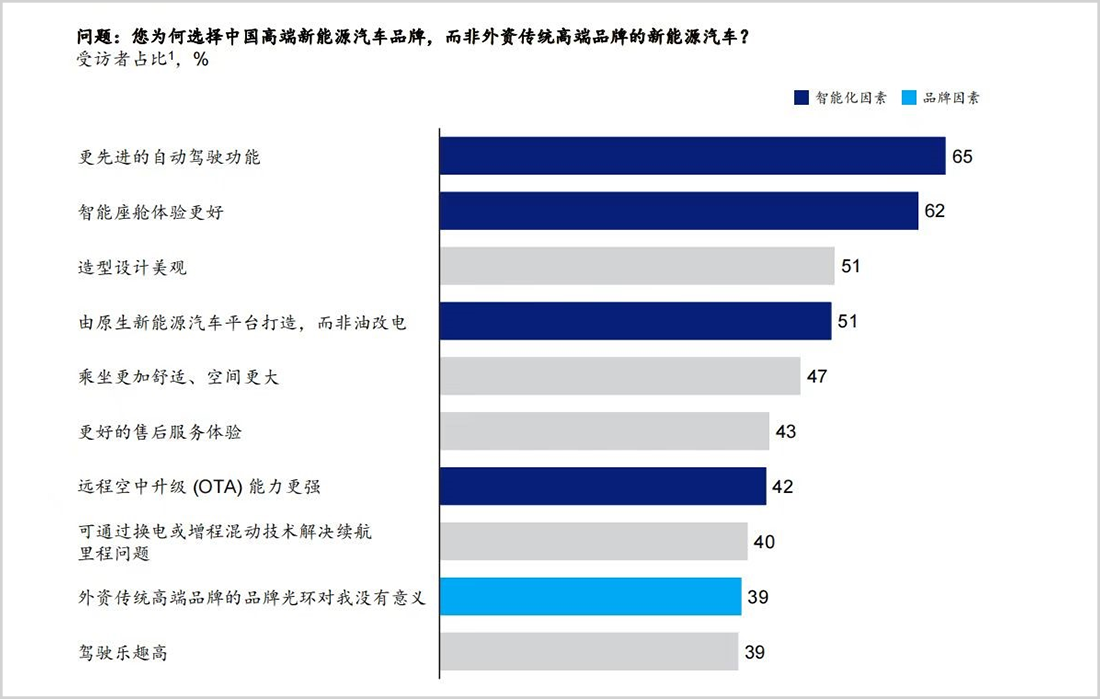
As mentioned earlier, BAIC has achieved notable success in the field of intelligence. The company's technical exploration is not limited to the vehicle interior but also integrates large model technology into intelligent driving.
BAIC BJEV has already embarked on independently developing city familiarity mode functions based on domestic mid-range computing power chips. By introducing various perception large models such as BEV (Bird's Eye View) and OCC (Occupancy Grid), it has realized functions such as straight-line crossing, protected left turns, and unprotected right turns. Additionally, the company has simultaneously initiated a domestic high-computing power chip solution, employing industry-leading end-to-end large model algorithms to achieve point-to-point navigation. When the algorithm and computing power reach a certain level, they will be integrated with full-link data from vehicles, roads, clouds, networks, and maps, becoming the mobile hub of smart cities and providing users with more detailed and extensive services.
In summary, BAIC BJEV has entered a phase of concentrated technology realization.
The collaboration between Pony.ai and BAIC BJEV further enhances this potential. The two parties have agreed to establish a fleet of thousands of autonomous driving services in Beijing over the next three years, contributing to Beijing's position as the largest and most extensively operated high-level autonomous driving demonstration zone with the largest service area, the most served people, and the longest service mileage in China and potentially globally.
In the book "Good to Great," management expert Jim Collins proposed the famous Flywheel Effect: Initially, it takes significant effort to spin a flywheel, but once it starts rotating and gains positive feedback, inertia causes it to accelerate.
From this perspective, today's BAIC BJEV may be on the eve of the Flywheel Effect.
We have always believed that new energy brands like Zeekr and BAIC BJEV, which are backed by traditional automakers, cannot be overlooked in the long run. On the one hand, they are not burdened by the historical baggage and path dependence of traditional forces, allowing them to thrive in the smart electric era. On the other hand, unlike purely new forces that start from scratch, they receive continuous support from their parent companies in various aspects such as financing, branding, channels, large-scale manufacturing, supply chain management, cost reduction, and efficiency enhancement. As the battle lines extend, the advantages of these brands will be infinitely amplified.
On September 2, BAIC BJEV announced that to meet the business development needs of its subsidiary and optimize its capital structure, its shareholder Beijing Automotive Group Co., Ltd. planned to increase its capital in Beijing Electric Vehicle Co., Ltd. by 2 billion yuan. Both BAIC BJEV and Beijing Automotive are controlled by BAIC Group. The 2 billion yuan capital increase by BAIC Group strongly supports the development of BAIC BJEV and ARCFOX.
Separately, public information indicates that BAIC Group will continue to invest 100 billion yuan in its independent passenger vehicle business by 2030, with a focus on research and development in new energy and intelligence. Such robust resource support is unmatched by ordinary new energy vehicle enterprises.
On one hand, market sales are rapidly increasing, and on the other, the intelligence process is accelerating. BAIC BJEV brings surprises while also inspiring anticipation. Faced with this transformation and evolution, it is necessary for the outside world to reevaluate this enterprise.
Disclaimer
This article contains content related to listed companies, based on personal analysis and judgment by the author using information publicly disclosed by listed companies in accordance with legal requirements (including but not limited to temporary announcements, periodic reports, and official interaction platforms). The information or opinions in this article do not constitute any investment or other business advice. Market Value Watch assumes no responsibility for any actions taken based on this article.
——END——

